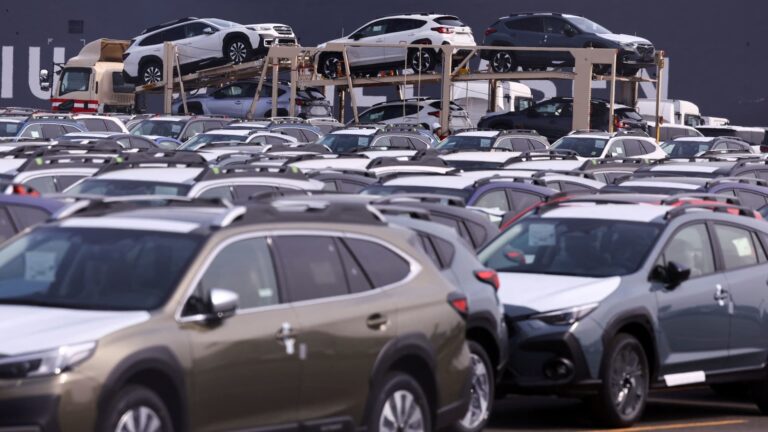Why Thailand has become a haven for LGBT couples
Acceptance of openly cohabiting LGBT couples in the Philippines is growing. But the Roman Catholic Church strongly opposes same-sex marriage.
In Vietnam, like Thailand, there are no religious or ideological barriers, but as in Thailand, campaigning to change the law is difficult under a repressive regime. The same is true in China. This cannot happen until the ruling communist party shows no signs of supporting equal marriage.
Even in democracies like Japan and South Korea, where political parties are largely conservative and dominated by older men, the outlook looks bleak.
“It’s mainly conservative Christians who are blocking it,” says Chae-yoon Han, executive director of the Beyond the Rainbow Foundation in South Korea.
“Most, if not all, politicians in President Yoon’s conservative party are devout Christians, and they have framed marriage equality as a ‘leftist agenda’ that could potentially open society to a ‘leftist, communist takeover.'”
India looked close to legalizing same-sex marriage in 2023 when the decision came down to its Supreme Court – but the judges refusedhe said it was up to parliament.
Thus, Thailand hopes to benefit from being a pioneer. Tourism is one of the few sectors of the Thai economy that has fared well in the post-pandemic recovery, and the country is seen as a safe and welcoming destination for LGBT vacationers.
The number of same-sex couples from other Asian countries is increasing.
The legal recognition they could get for their marriage would allow them to raise children and grow old with almost all the rights and protections afforded to heterosexual couples.








